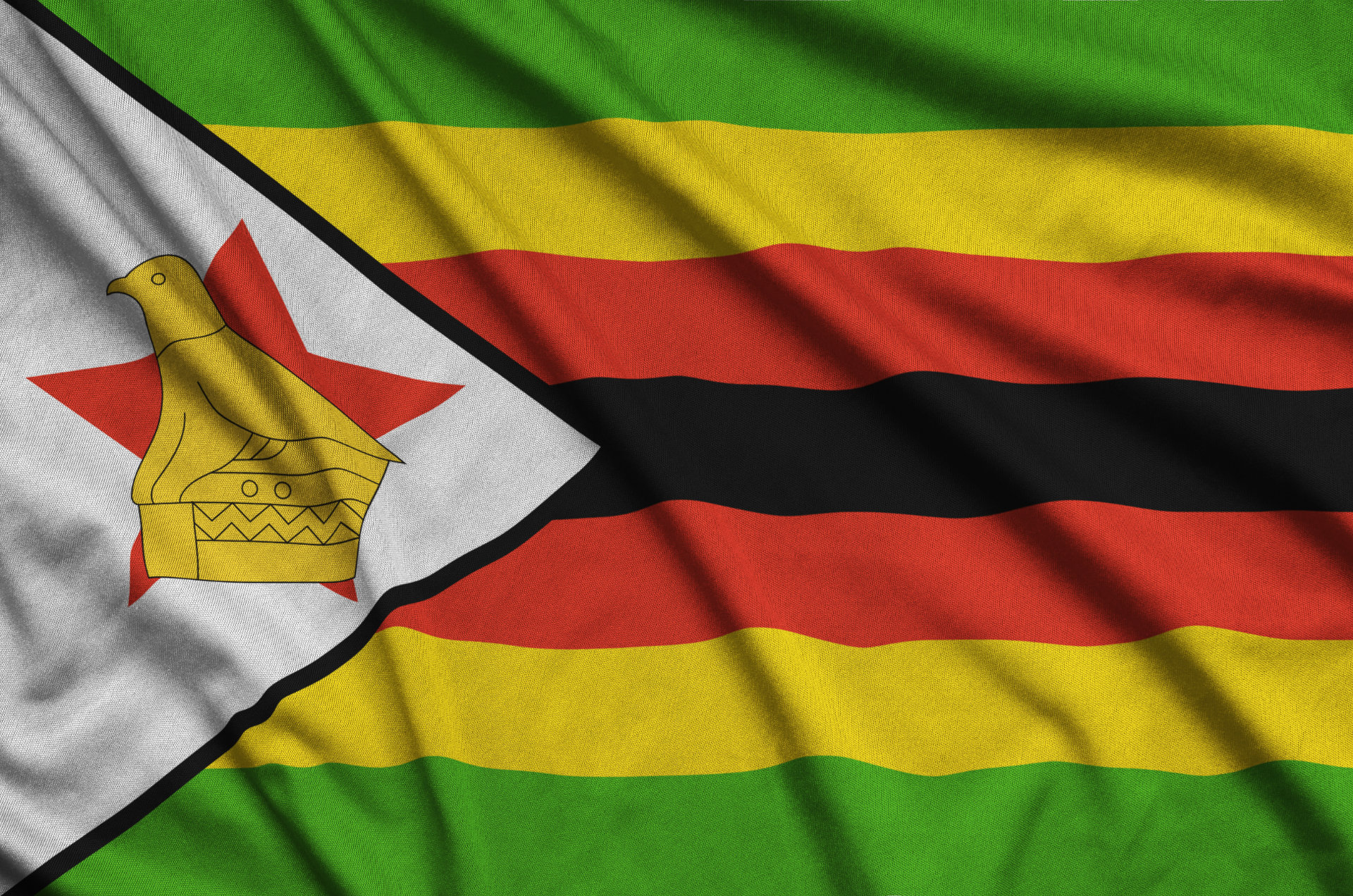
The Business Day
By Nicole Fritz
LAST week, the North Gauteng High Court ruled that SA’s investigating and prosecuting authorities must investigate systematic torture amounting to crimes against humanity committed in Zimbabwe. Those investigations may result in prosecutions and currently hold the best chance of Zimbabwean officials who are responsible for severe human rights abuses facing any form of justice.
While hearing the matter, Judge Hans Fabricius asked counsel for the police whether he would count himself a philosopher. The advocate replied: “No, my Lord, I don’t believe I can see into the future.” Undeterred, Fabricius quoted Immanuel Kant, asking whether the court action was not a “value in itself, in that it allows for issues of justice for Zimbabwean torture victims to be aired”.
But if the police’s advocate didn’t seem particularly partial to philosophy, he also wasn’t going to be swayed by considerations of justice and fairness. “No,” he insisted, Zimbabwean torture victims had no rights enforceable anywhere. “They can try Zimbabwe or the International Criminal Court, but our courts, our police can’t assist them.”
That exchange goes to the heart of the matter. International criminal justice may seem like a newfangled innovation; its application a compelling if ephemeral show. Many of SA’s most lauded cases, securing big justice wins, have rightly emphasised specifics: the importance of shelter, medicine and toilets.
This case — about the value of accountability and acknowledging the crimes committed against Zimbabweans — seems to lend itself more to the abstract, the philosophical. And yet recognition that crimes have been committed, that efforts and resources must be expended to ascertain those responsible, represents fundamentally an appreciation that no one’s life should matter more than any other. It recognises the supreme inequality that prevails where people responsible for systematic human rights abuses go without threat of prosecution and punishment while their victims continue to fear further intimidation.
In this it is no less a vindication of the rights to life, to equality, to dignity — the ideals animating our constitution.
Yet those who attack this case, and the efforts at securing investigation and prosecution, treat ideals, or idealism, as something warranting suspicion. The police argued before the court that any investigation would likely make their position within the Southern African Regional Police Chiefs Co-operation Organisation difficult — as if an awkward reception accorded them in the meeting room justified their failing Zimbabwe’s torture victims. Broader argument was advanced that investigation would compromise SA’s and Zimbabwe’s diplomatic relationship and mediation initiatives.
But this is entirely speculative. Lindiwe Zulu, leading SA’s mediation, does not believe the ruling will compromise those efforts. In any event, the ruling might well bolster peace processes, pushing Zanu (PF) hardliners to more genuinely negotiate with their counterparts in Zimbabwe as they appreciate that the impunity they enjoy within Zimbabwe rapidly runs out across its borders. If then the most that can be said is that investigation may imperil mediation, but equally that it may well advance that process, that is no credible argument to resist investigation. If the effect on peace is indeterminate, surely that argues for, not against, the ideal of securing justice.
Scepticism for the ideals of this case is not only to be found in South African government and policing circles. A long-time Africa correspondent for an international news agency observed that our efforts were likely misguided. “Isn’t SA’s own legal and criminal justice so compromised and challenged that you should be directing your efforts there?” he wondered — in effect, suggesting that we were naive to burden the system with cases relating to crimes outside SA as well.
There is no disputing that our criminal justice system is, in many respects, tarnished. But that seems precisely because its ideals and objectives have become so narrow, petty and partisan. No credible argument has or can be made that offering South Africans a criminal justice system of excellence must come at the expense of our international obligations and the grace we might extend our neighbours in distress. The two ideals are not mutually exclusive. That our ideals are large and our standards high is a guarantee of justice for ourselves as South Africans, but for Zimbabweans too.
- Fritz is the director of the Southern Africa Litigation Centre.
http://www.businessday.co.za/articles/Content.aspx?id=171839



